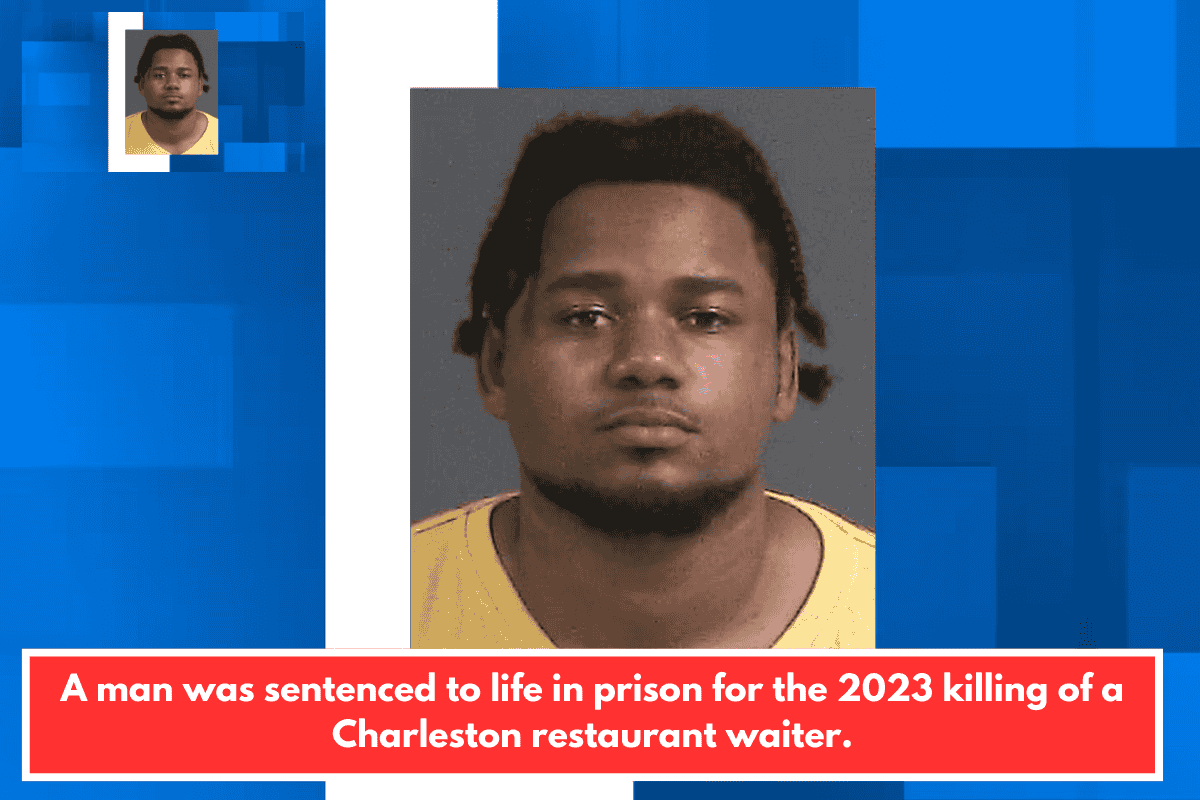U.S. Immigration and Customs Enforcement (ICE) has deported Leonardo Elias Chicoj Mejia, a 26-year-old Guatemalan national, who was illegally staying in the United States. Chicoj was removed on April 9 and sent back to Guatemala, where he faces serious criminal charges related to gender-based violence, including domestic violence.
Upon his arrival in Guatemala, local authorities—working closely with ICE’s Security Alliance for Fugitive Enforcement (SAFE) taskforce—took him into custody and brought him to the courthouse for legal proceedings.
Arrest and Immigration History
Chicoj entered the U.S. at an unknown time and location, without going through any legal immigration process or inspection. He first came to ICE’s attention when he was arrested on February 4 at the Beadle County Jail in Huron, South Dakota, on local charges of assault, obstructing an officer, and resisting arrest.
Just two days later, on February 6, he was transferred to ICE custody and held at Minnehaha County Jail in Sioux Falls, South Dakota, while ICE began the formal process to remove him from the country.
ICE’s Statement on the Removal
Peter Berg, the Field Office Director for ICE’s St. Paul branch, praised the cooperation between local South Dakota law enforcement and ICE officers. He also thanked the ICE team in Guatemala for their smooth coordination to ensure Chicoj would be handed over to the proper authorities.
“This case shows how teamwork between local and international law enforcement makes it possible to send criminals back to face justice,” Berg said. He emphasized that removing individuals who pose a risk to community safety remains one of ICE’s top priorities.
Gender-Based Violence: A Global Concern
Gender-based violence includes any harmful act directed at someone based on their gender. In many cases, this includes domestic abuse, physical assaults, and harassment, often targeting women and girls. Many countries, including Guatemala, are taking steps to hold perpetrators accountable, especially when the crimes involve fleeing justice and hiding in other nations.
ICE’s deportation of Chicoj helps ensure that such individuals cannot escape justice simply by crossing borders.
What is the SAFE Taskforce?
The Security Alliance for Fugitive Enforcement (SAFE) is a global partnership that helps track and return criminal fugitives to their home countries. It connects U.S. ICE operations with local authorities abroad to help close legal gaps and bring fugitives to justice.
This system played a key role in coordinating Chicoj’s return to Guatemalan law enforcement and his swift transfer to the court system.
Reporting Criminal or Immigration Violations
ICE encourages people to report any criminal behavior or suspicious immigration violations. You can do this by calling the ICE Tip Line at 866-DHS-2-ICE (866-347-2423) or by filling out a form on the ICE website.
Leonardo Elias Chicoj Mejia’s case is another example of how ICE is working to protect communities by removing individuals accused of serious crimes. His deportation was made possible through strong cooperation between South Dakota law enforcement, ICE offices in the U.S. and Guatemala, and international legal partnerships.
Now, Chicoj will face justice for the gender-based violence charges brought against him in his home country. ICE continues to stand by its mission to protect public safety and support global justice efforts.














